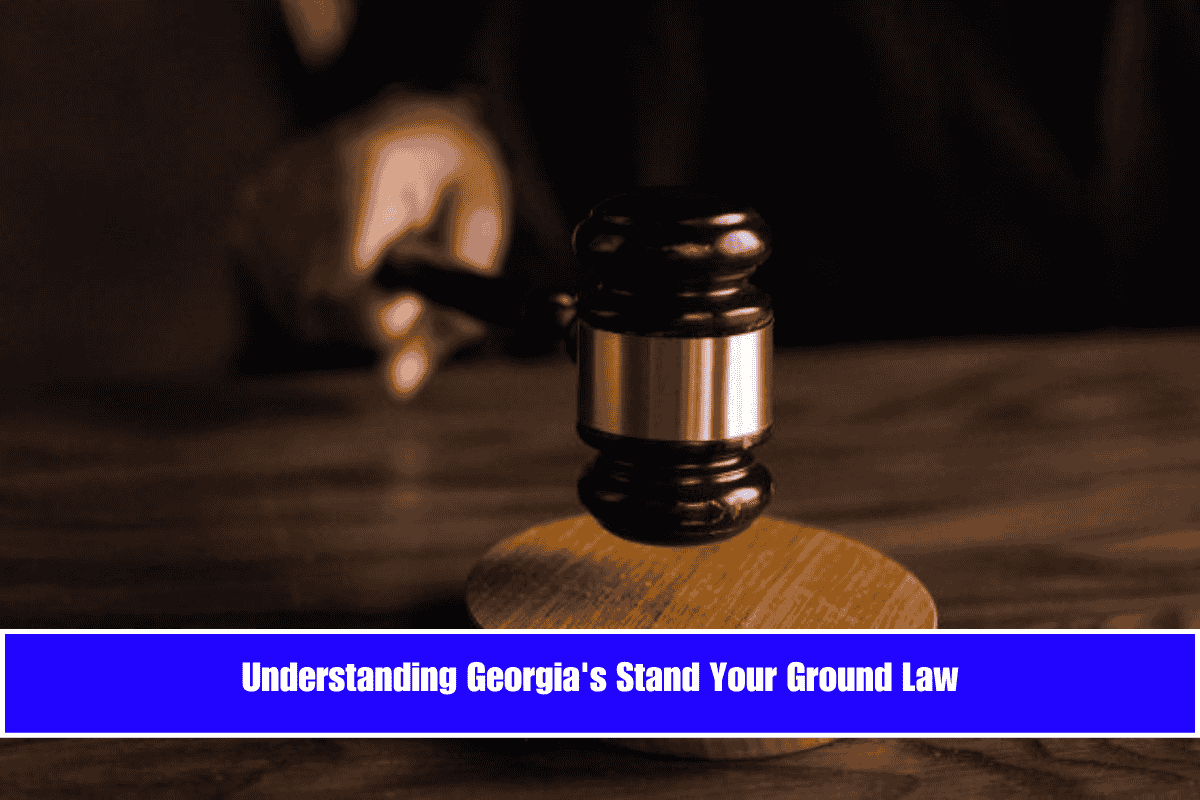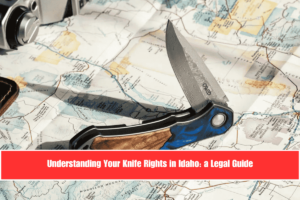Georgia is a “Stand Your Ground” state, which means individuals have no legal duty to retreat from a threat before using force-including deadly force-in self-defense, defense of others, or defense of property.
Key Provisions of the Law
- No Duty to Retreat:
If you are threatened with imminent harm, you are not required to try to escape or withdraw before defending yourself. This applies regardless of your location within the state-not just in your home (which is covered by the separate “Castle Doctrine”). - When Force is Justified:
You may use force, including deadly force, if you reasonably believe it is necessary to prevent death, serious bodily injury, or the commission of a forcible felony against yourself or another person. - Scope of Protection:
The law allows you to defend:- Yourself
- Others
- Your home (habitation)
- Other property
- Where It Applies:
The right to stand your ground applies anywhere you are lawfully present in Georgia.
Limitations and Exceptions
- Initial Aggressor:
The law does not protect individuals who are the initial aggressors in a confrontation. If you start the altercation, you cannot claim Stand Your Ground as a defense. - Illegal Activity:
If you are engaged in unlawful activity at the time you use force, you cannot invoke Stand Your Ground protections. - Reasonable Belief:
The use of force must be based on a reasonable belief that it is necessary to prevent imminent harm or a forcible felony.
Legal Reference
- The law is codified in Georgia Code O.C.G.A. § 16-3-23.1 and § 16-3-21.
Table
| Principle | Georgia Stand Your Ground Law |
|---|---|
| Duty to Retreat | No |
| Where it Applies | Anywhere you are lawfully present |
| When Force is Justified | Preventing death, serious injury, or felony |
| Covers Defense of | Self, others, habitation, other property |
| Exceptions | Initial aggressor, illegal activity |
Georgia’s Stand Your Ground law allows you to use force, including deadly force, to defend yourself or others without first attempting to retreat, provided you are not the aggressor and are not engaged in illegal activity. The law applies anywhere in the state where you are legally present.
Sources
[1] https://www.kylejarzmiklaw.com/blog/what-are-the-rules-on-self-defense-in-georgia/
[2] https://www.georgia-criminalattorney.com/blog/2023/02/when-do-stand-your-ground-laws-apply-in-georgia/
[3] https://www.moneslaw.com/blog/how-does-georgia-law-address-self-defense-in-homicide-cases/
[4] https://www.georgiacriminallawyer.com/stand-your-ground
[5] https://grishamandpoole.com/blog/lethal-self-defense-in-georgia/


















Leave a Reply